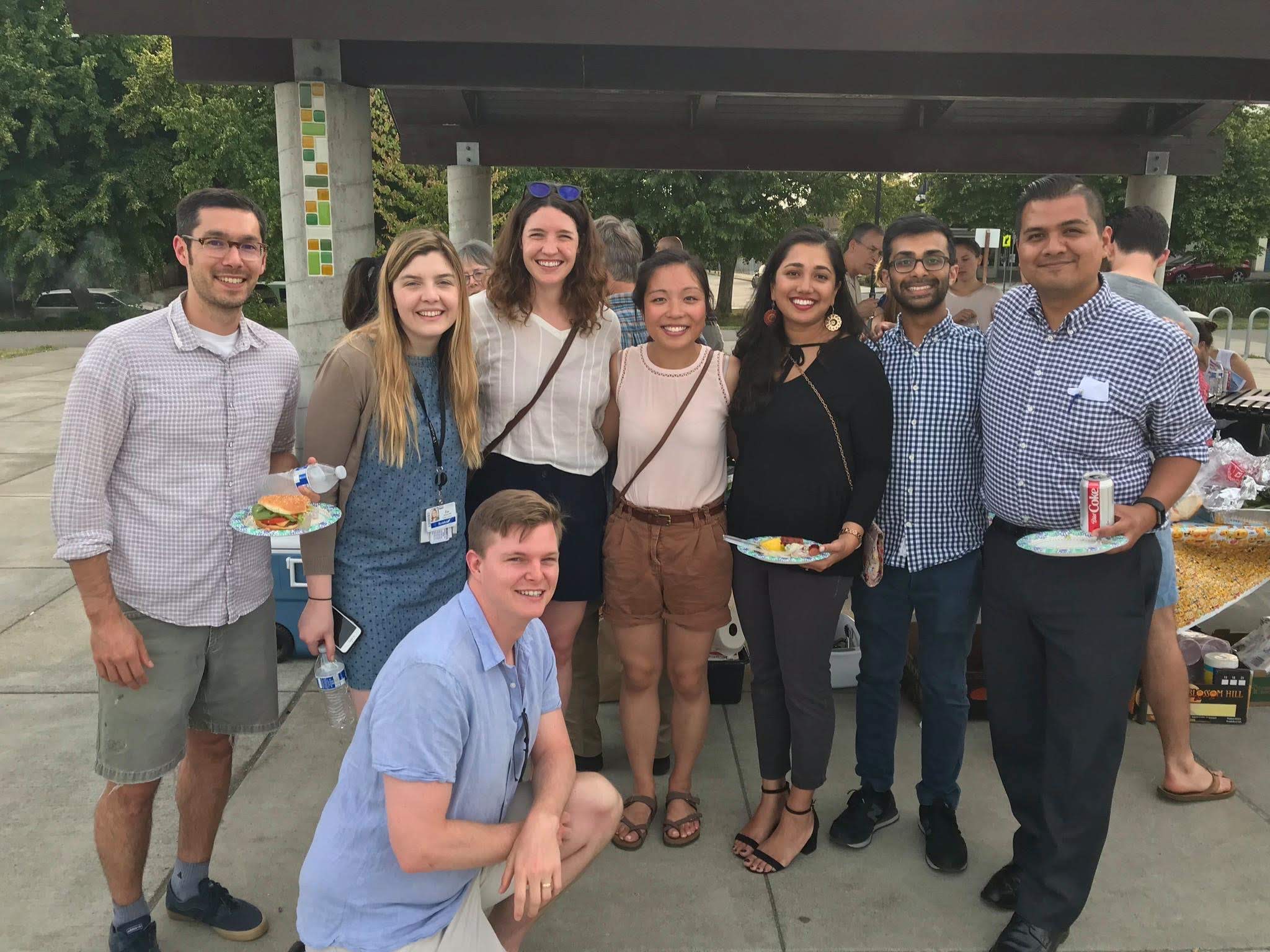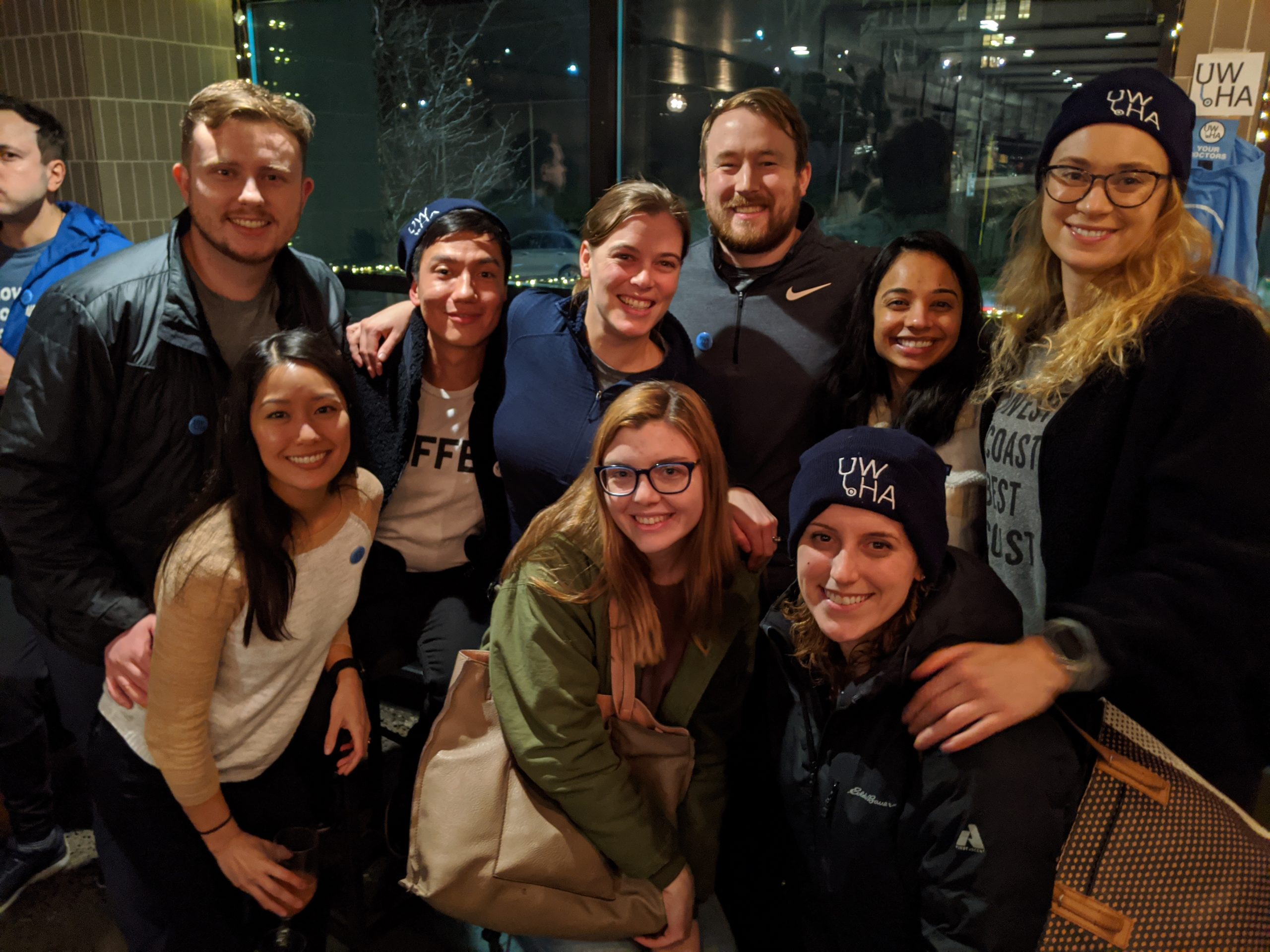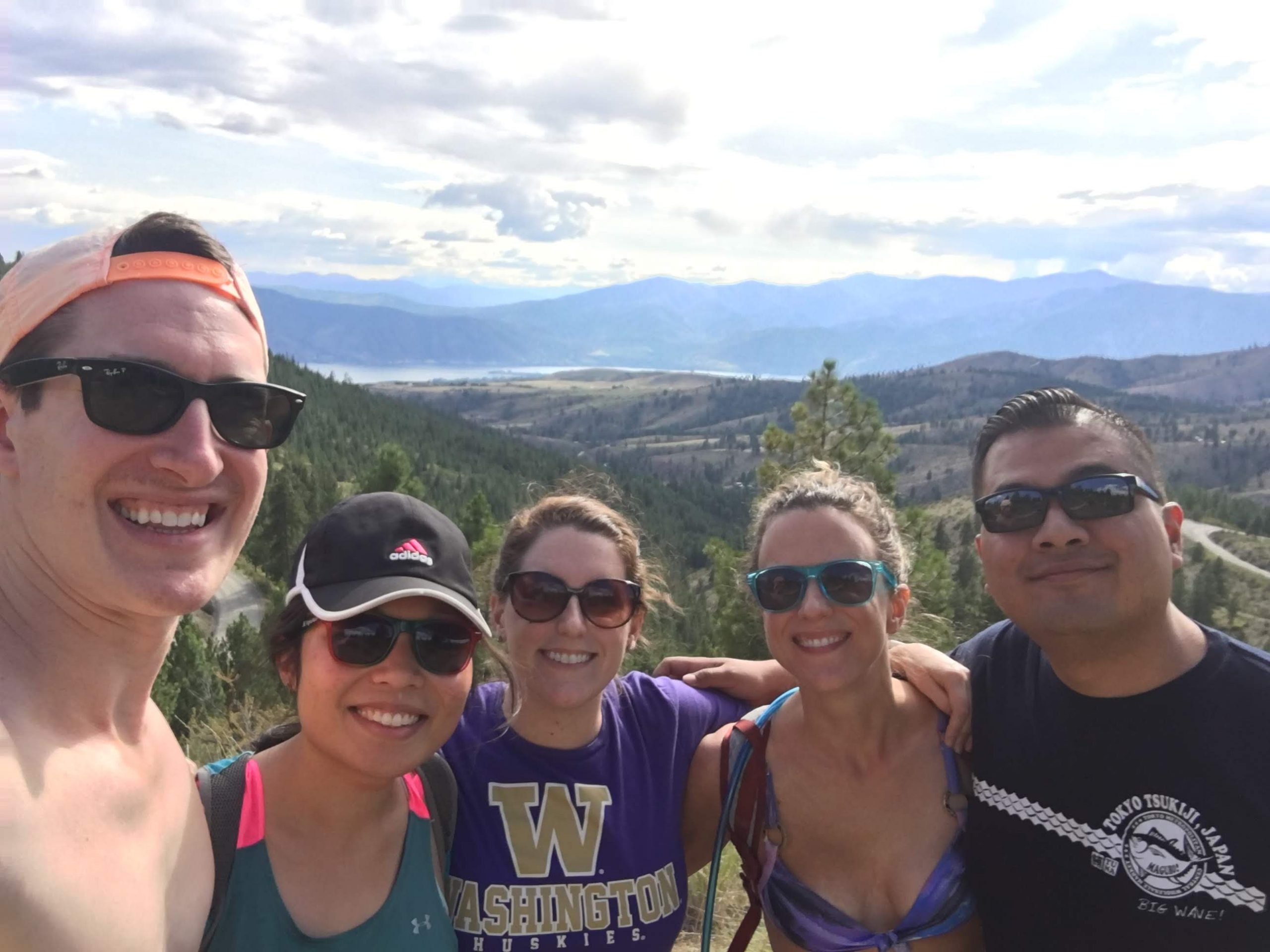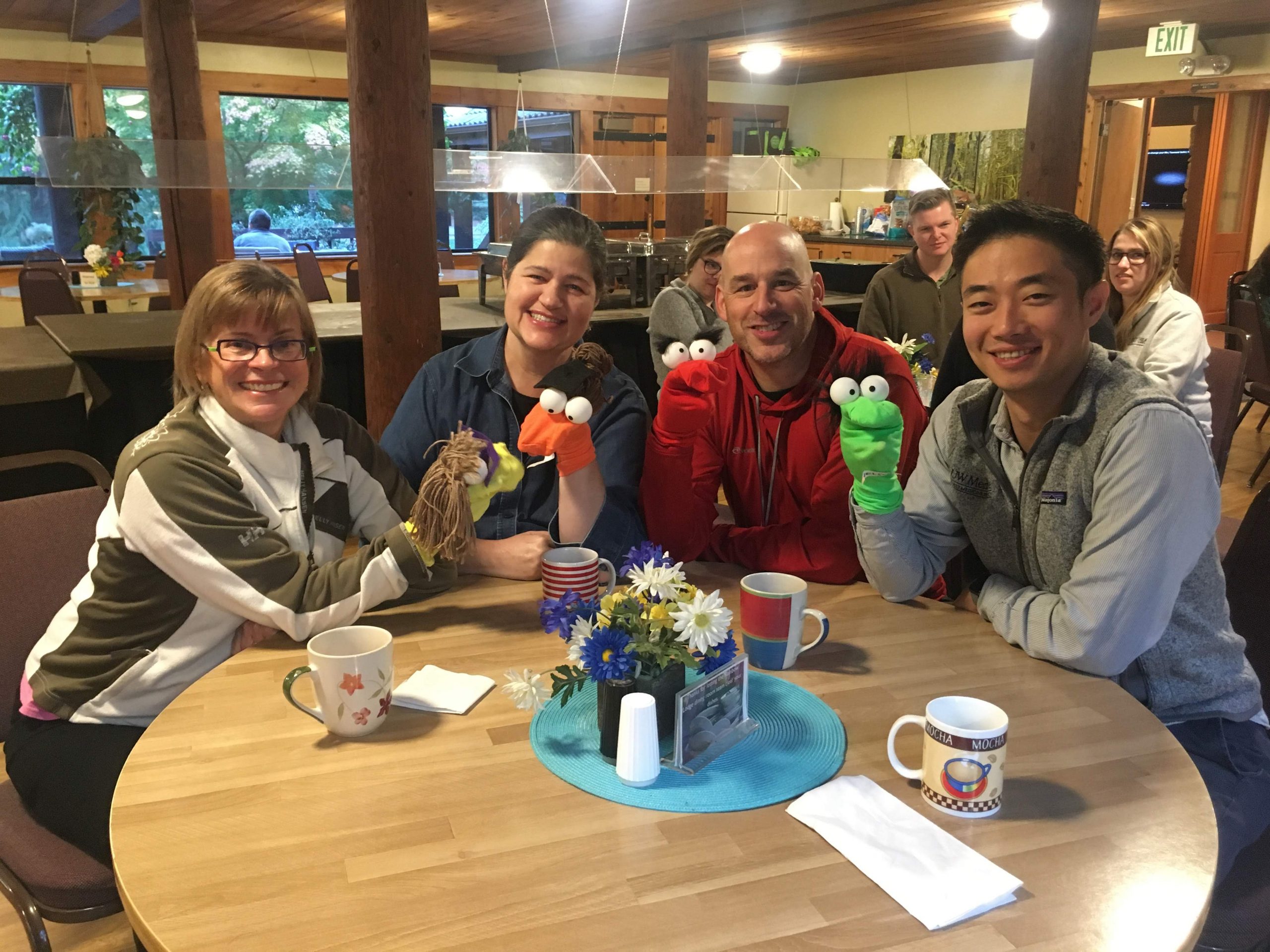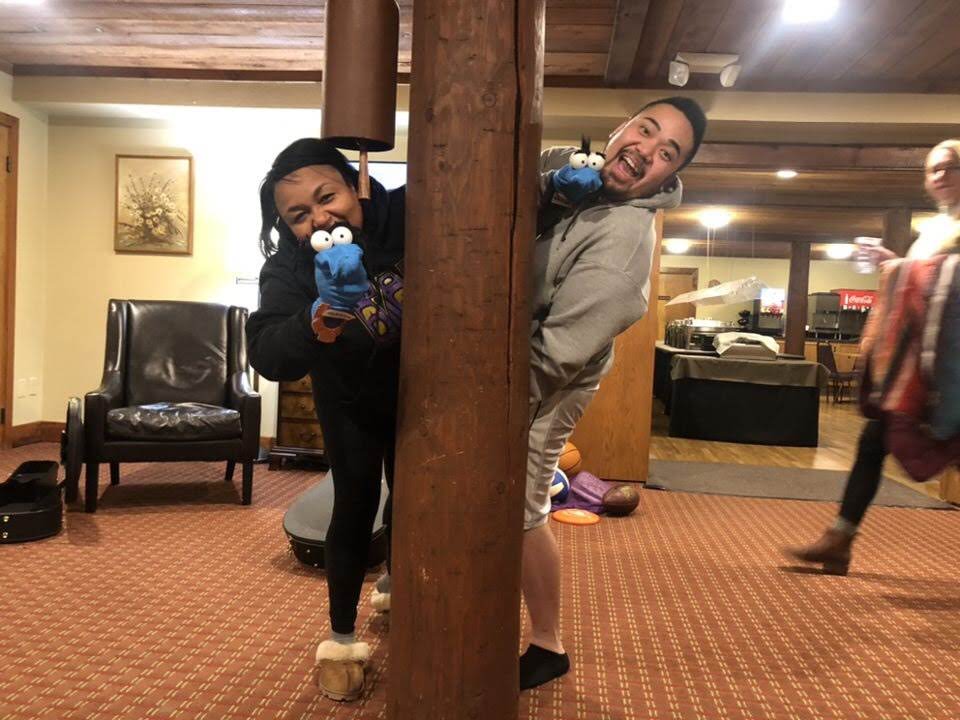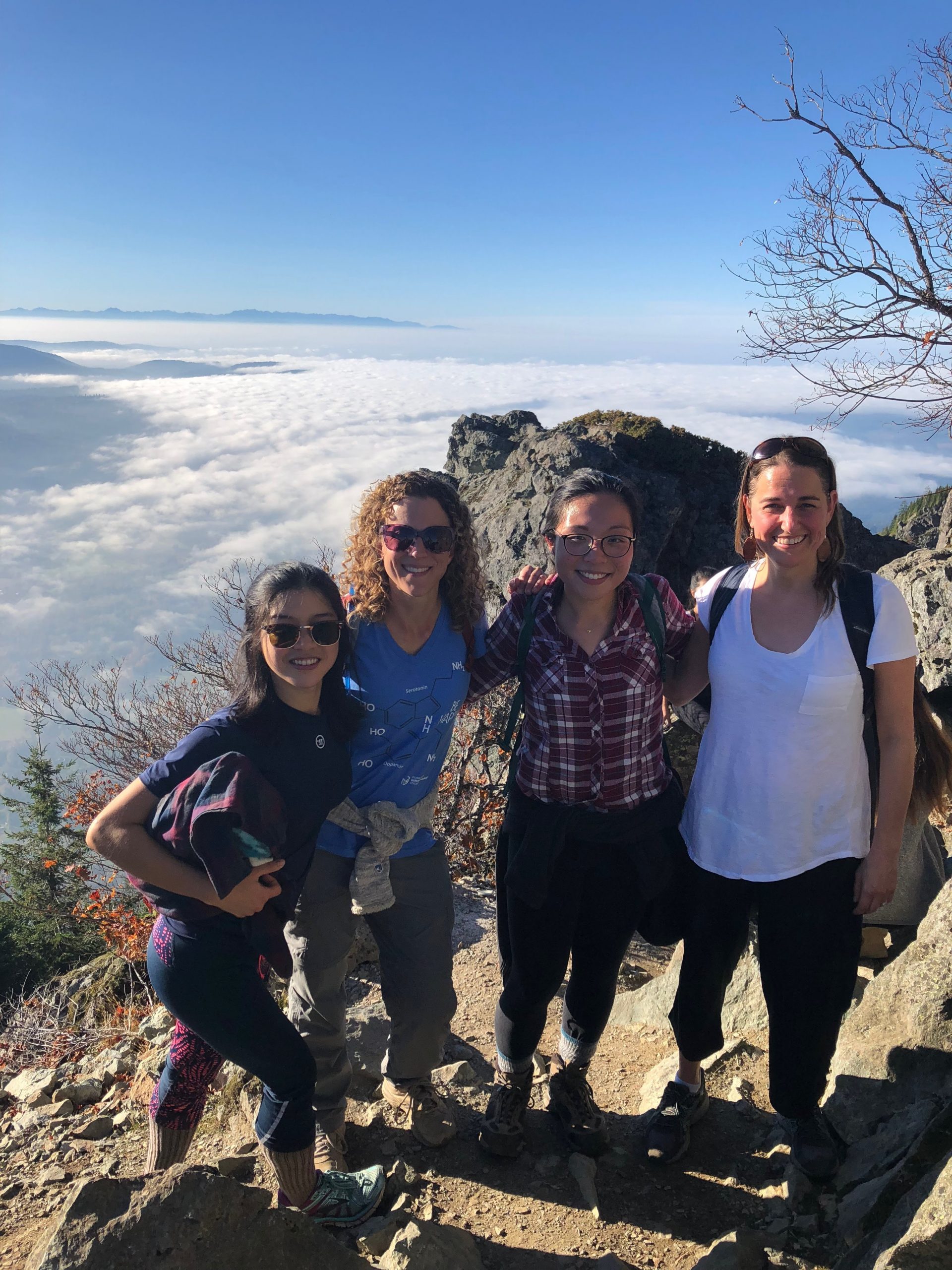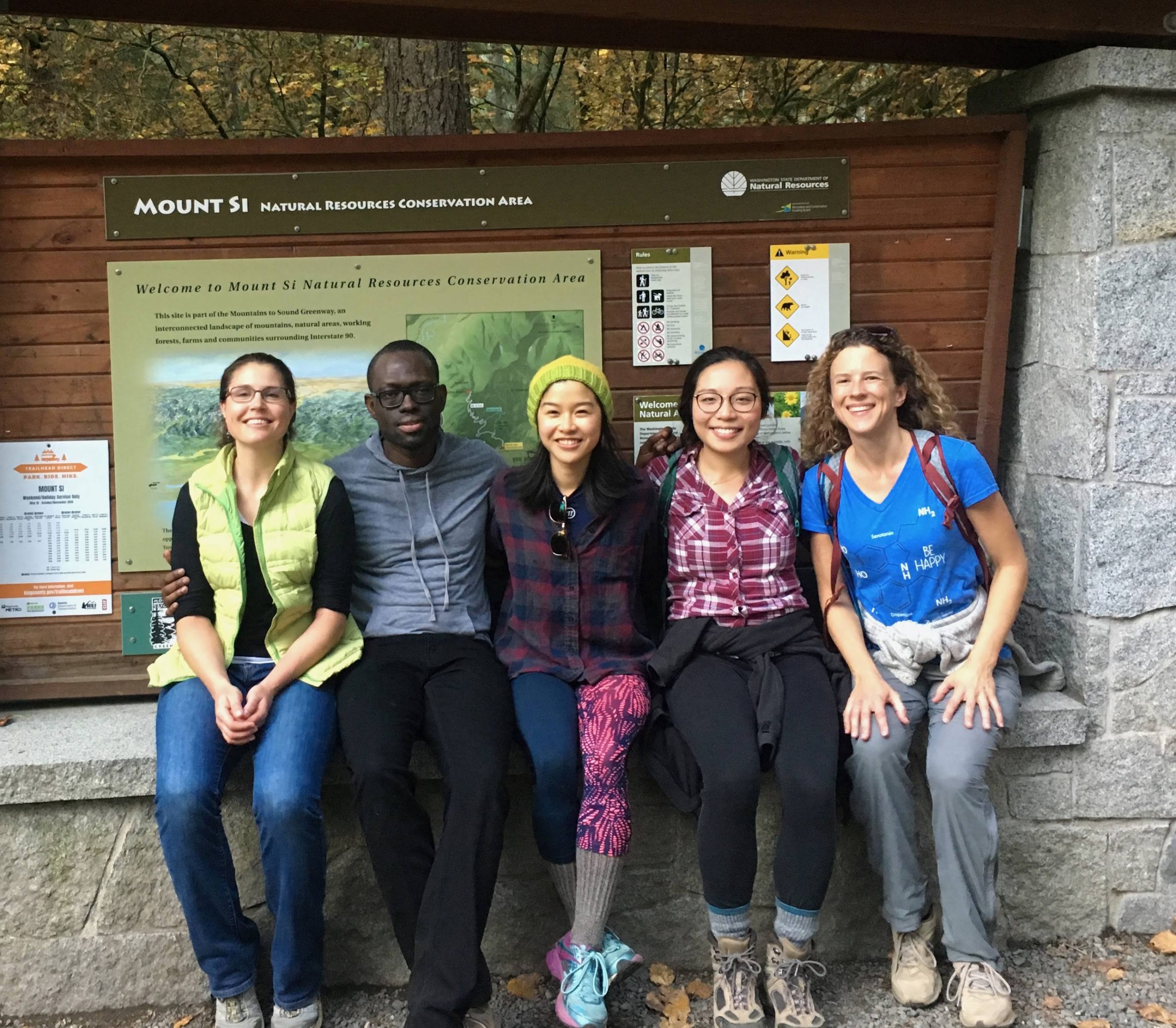Click image for full size.
The University of Washington Family Medicine Residency recognizes that medical training is a time of stress. UWFMR is committed to creating an environment that fosters resident wellness and resilience. Some of these efforts include the following:
- Free counseling through Graduate Medical Education. The GME offers free confidential counseling to all residents as well as their family members.
- University’s Employee Assistance Program (EAP) – Free, confidential resources for counseling, legal resources, financial guidance, and more is available for all benefits-eligible employees and their families.
- UWFMR Wellness/Resilience Committee. This resident and faculty-run committee meets monthly. Its members are dedicated to enhancing program social support and camaraderie. Previous efforts include planning fun residency-wide social events, advocating for space for personal wellness (ex: streamlined, confidential “no questions asked” approach to doctor’s appointments, therapy), and connecting current residents with alumni.
- An overnight faculty and resident-wide fall retreat. This is one of the highlights of residency, where the UWFMR family sheds our white coats for a day of teambuilding activities, medical book club discussions, and rest and relaxation. One of the most anticipated events of the year is the residency talent show, where faculty and students show off their unique skills, hidden talents, and, of course, a roast or two.
- Individual retreats for R1, R2, and R3 classes. Although these retreats are not overnight, each class has a dedicated block of time once a year for the classmates to regroup and connect. They often include reflection activities and balint sessions.
- Dedicated Faculty Support. Valerie Ross, MS, is a licensed psychotherapist and marriage/family therapist. As part of our UWFMR faculty, she plays an important role in the collaboration between mental health practitioners and primary care physicians. She runs an R1 support group that meets monthly, regularly debriefs with residents on the Family Medicine inpatient service about difficult cases, and is always available for drop-in confidential visits.
- Faculty Advisors. Each resident is assigned a faculty advisor who meets with the resident at least twice a year to discuss professional development and career goals. Another important aspect of these meetings is checking in on wellness and offering faculty support.
- Resident Buddy System. Each incoming intern is assigned an R2 and R3 buddy, who acts as a “go-to” person for the initial transition into residency. Upperclassmen buddies will also help cover intern outpatient inboxes and act as a source of resident support.
